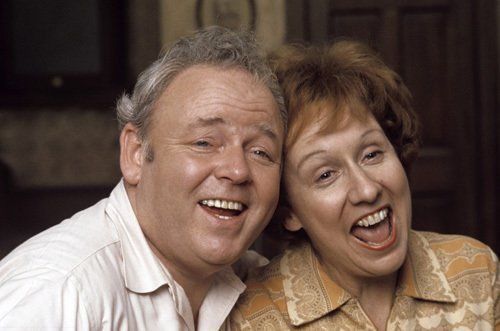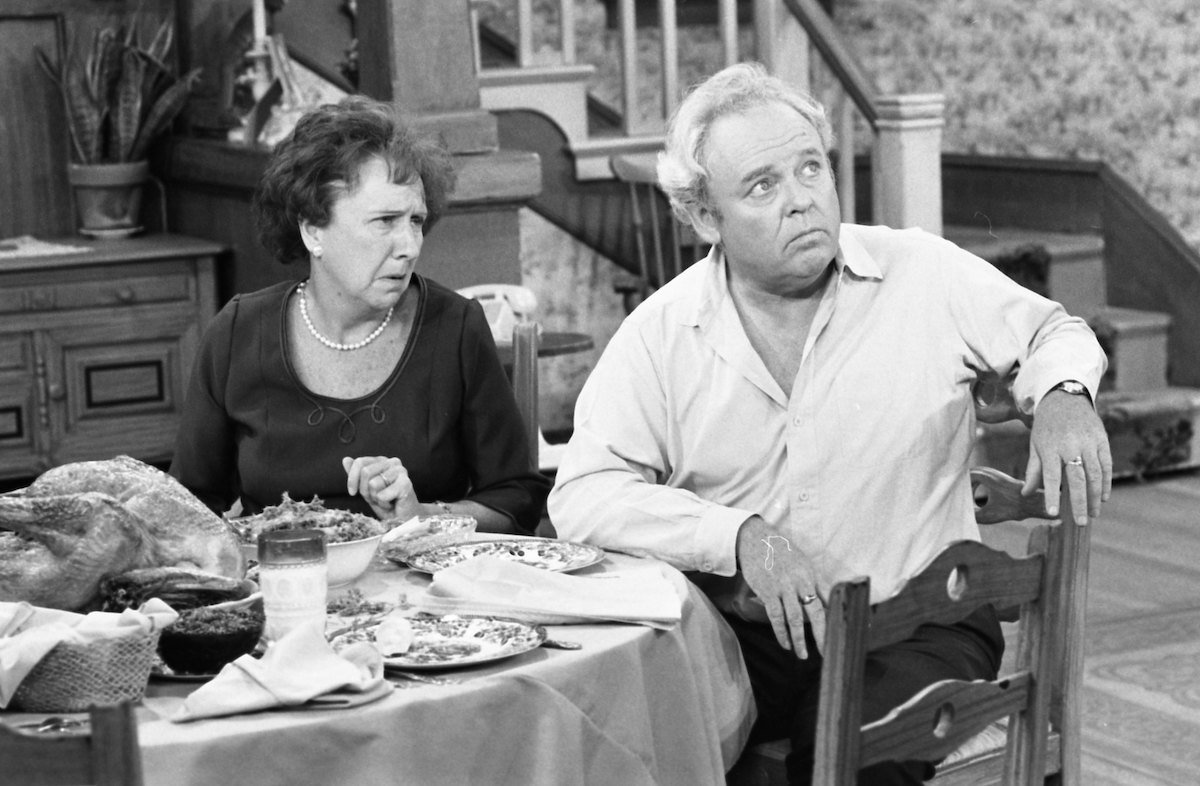
When we think of iconic sitcoms, All in the Family undoubtedly ranks among the most significant, alongside classics like I Love Lucy. This groundbreaking show didn’t just entertain; it transformed the television landscape, influencing how characters are crafted and stories are told. Yet, before it became the cultural touchstone we know today, its journey to the screen was anything but straightforward.
The origins of All in the Family can be traced back to a pilot called Justice for All, directed by the visionary Norman Lear. This initial attempt at the series featured a different cast, including up-and-coming actors Tim McIntire and Kelly Jean Peters as Richard and Gloria. Though Carroll O’Connor and Jean Stapleton were eventually cast as Archie and Edith Bunker, the pilot’s path was fraught with challenges. ABC initially embraced the concept but quickly passed on the project, citing chemistry issues among the original cast and a reluctance to air what they deemed too racy content.
Despite these setbacks, Lear’s tenacity paid off when CBS stepped in, eager to take a chance on the show. The Bunker family was reimagined, with Sally Struthers and Rob Reiner stepping into the roles of Gloria and Richie. Sherman Hemsley joined the ensemble as Lionel Jefferson, a character who would go on to captivate audiences in his own right, leading to the successful spinoff The Jeffersons.
All in the Family broke new ground by exploring themes like racism, sexism, and social change through the lens of humor. Archie Bunker’s misguided rants reflected the casual bigotry of an older generation grappling with a rapidly changing society. Viewers found themselves both laughing at and empathizing with Archie, a duality that made the character both compelling and controversial.
Over its nine-year run, the show challenged societal norms and opened conversations that had long been considered taboo on television. Carroll O’Connor’s portrayal of Archie Bunker became emblematic of a struggle between tradition and progress, and the show’s humor resonated deeply with audiences. Lear’s commitment to authenticity meant that while the topics were serious, they were approached with a levity that encouraged dialogue.
Reflecting on the series’ rocky beginnings, Lear noted, “I made pilots two more times before it finally went on the air… I never changed the script though.” His determination to maintain the core message of the show ultimately led to its success when CBS’s new president, Robert Wood, recognized its potential.
Today, All in the Family remains a pivotal piece of television history, demonstrating the power of comedy to tackle serious issues. Its legacy continues to influence contemporary television, as seen in recent tributes and revivals that honor its groundbreaking spirit. While it’s impossible to predict how the television landscape would look had the show not made it to air, one thing is certain: All in the Family reshaped the genre in profound ways, paving the way for future storytellers to explore the complexities of American life through humor
